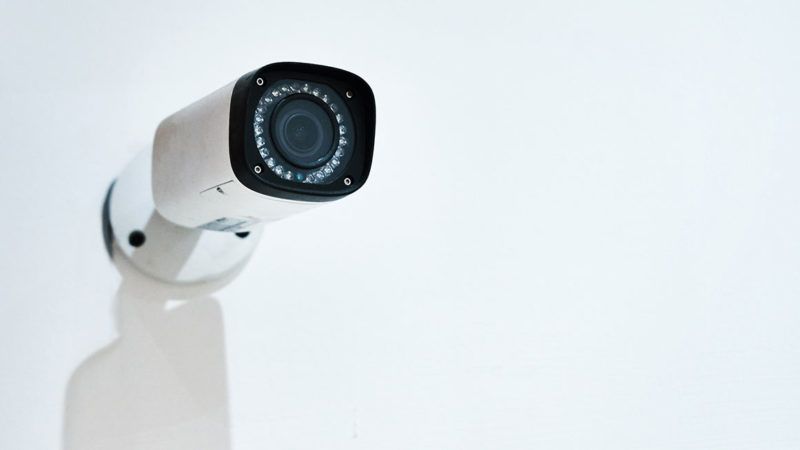Is the FBI Snooping on Political Groups and Ideological Publications?
They have a long history of spying on dissident political groups, from early 20th century socialists and mid-century civil rights leaders to modern environmentalists and Black Lives Matter.

The Cato Institute is calling on Congress to investigate whether the FBI is spying on it and other domestic political groups, after public records requests raised the possibility that the Bureau has files on Cato and others.
Patrick Eddington, a research fellow at Cato, has submitted more than 200 Freedom of Information Act (FOIA) requests for FBI files on political advocacy groups, civil liberties organizations, think tanks, and publications across the political spectrum. For about two dozen of those requests so far, the FBI said it could neither confirm nor deny whether it had collected national security or foreign intelligence records. Those organizations include the Campaign for Liberty started by former Rep. Ron Paul (R–Texas); a grassroots privacy-rights group called Restore the Fourth; the Cato Institute; and Reason Foundation, the nonprofit that publishes this magazine
The well-worn "can neither confirm nor deny" phrase is known as a "Glomar response." The term originated in a 1975 FOIA lawsuit by a Rolling Stone journalist seeking CIA records on the Glomar Explorer, a salvage ship the spy agency used in an attempt to recover a sunken Soviet nuclear submarine. A federal judge ruled that the CIA could refuse to acknowledge the existence of such records if doing so would in and of itself compromise national security. The Glomar doctrine has since spread to other federal agencies and trickled down to state and local government entities as well.
The responses Eddington received don't prove that the FBI has collected intelligence on the above groups, but Eddington says that in the 45 years since the original court decision, he's not aware of a national security case where a Glomar response was defeated in court and revealed no government activity. "We know for a fact that Glomar invocations have been used to conceal actual, ongoing activities," explains Eddington, a former CIA analyst, "and we also know that they're not passing out Glomars like candy."
The FBI, which declined to comment for this story, has a long history of spying on dissident political groups, from early 20th century socialists and mid-century civil rights leaders to modern environmentalists and members of Black Lives Matter.
For Eddington, any such surveillance is inimical to freedom of speech. "Any time [the FBI] is engaged in gathering that kind of data on news organizations or on domestic groups that are exercising their First Amendment rights, that activity should be expressly prohibited in the absence of a genuine criminal predicate," he says.


Show Comments (31)